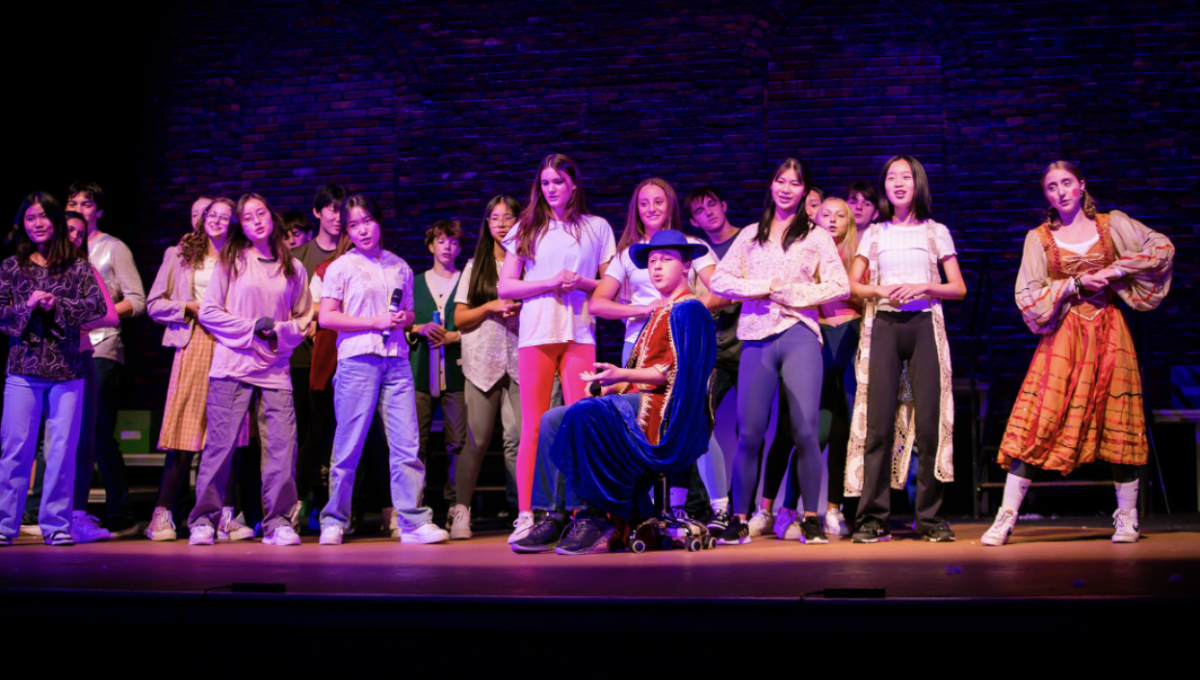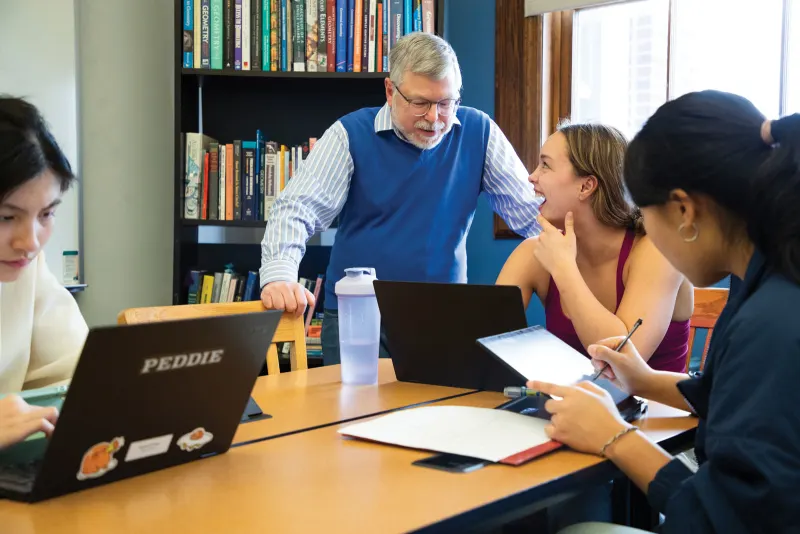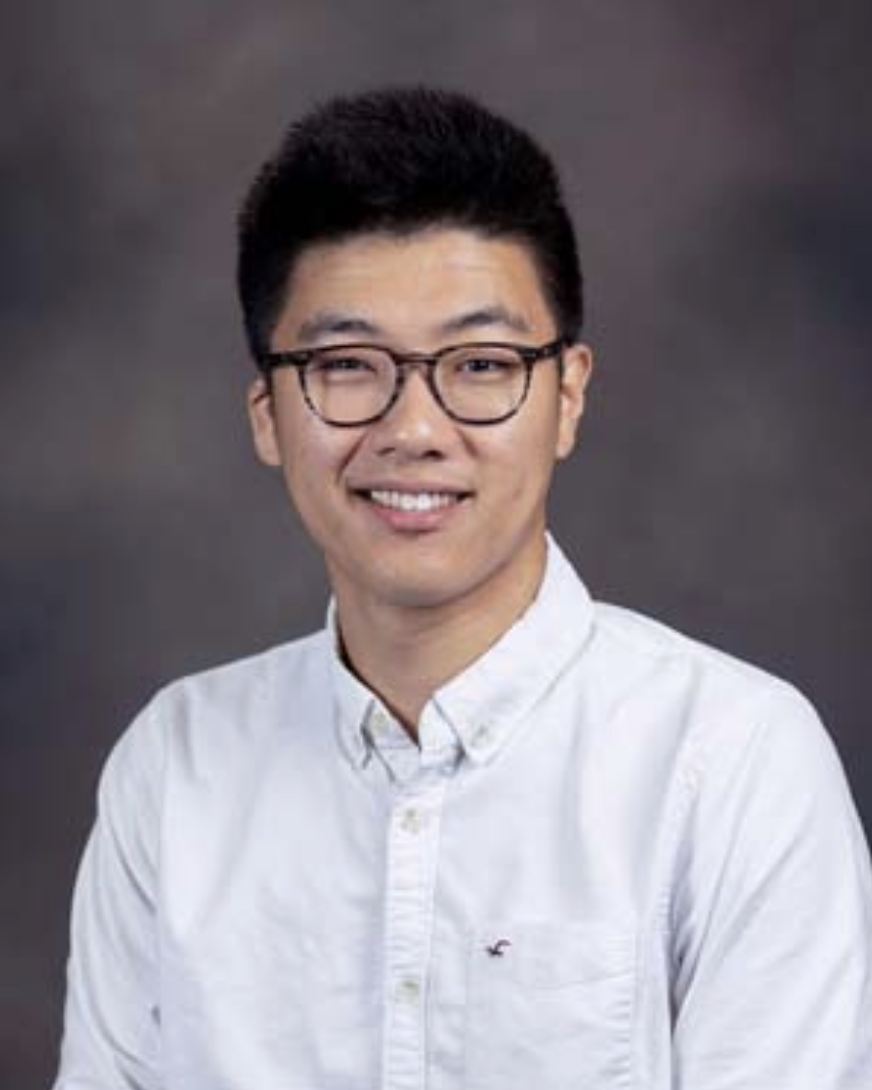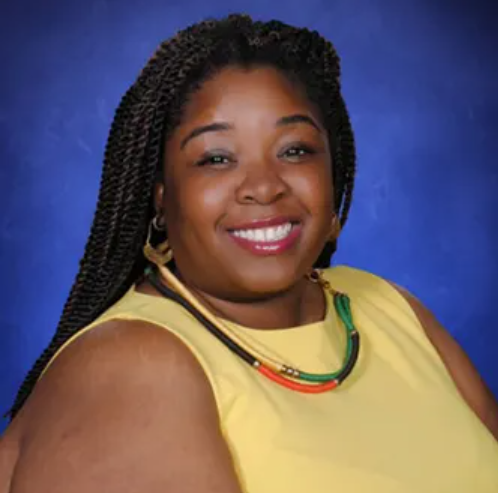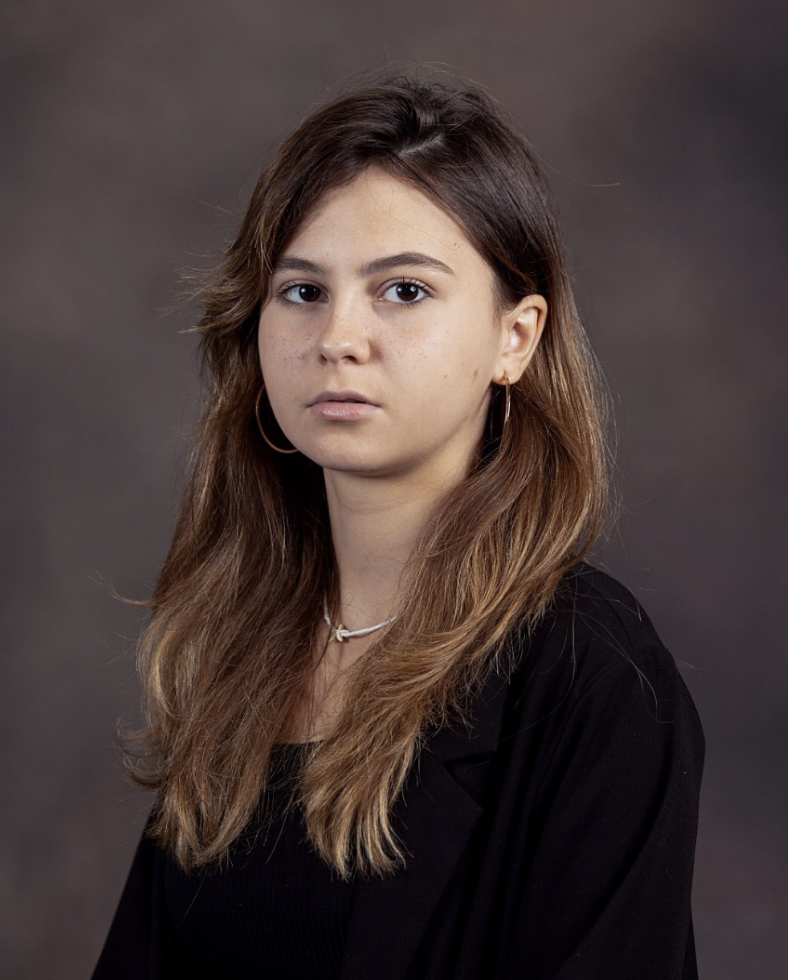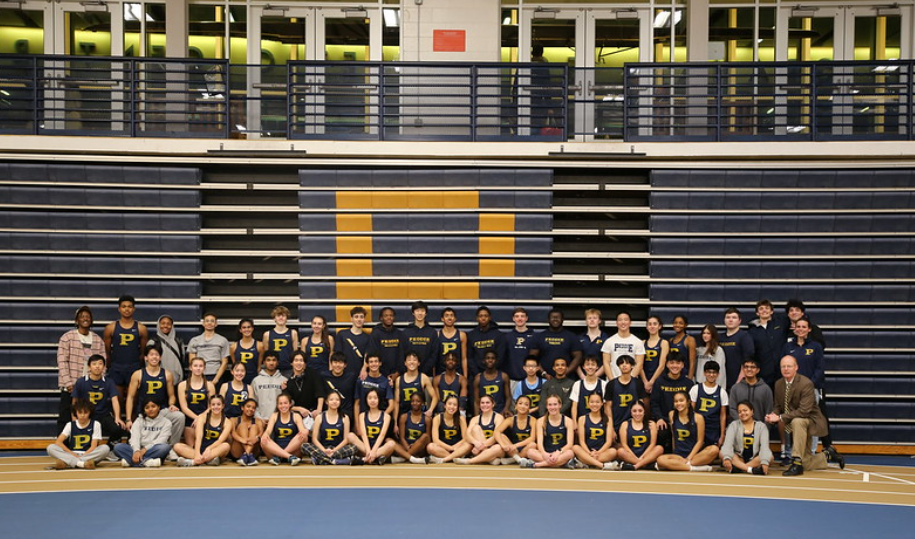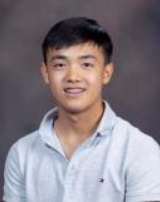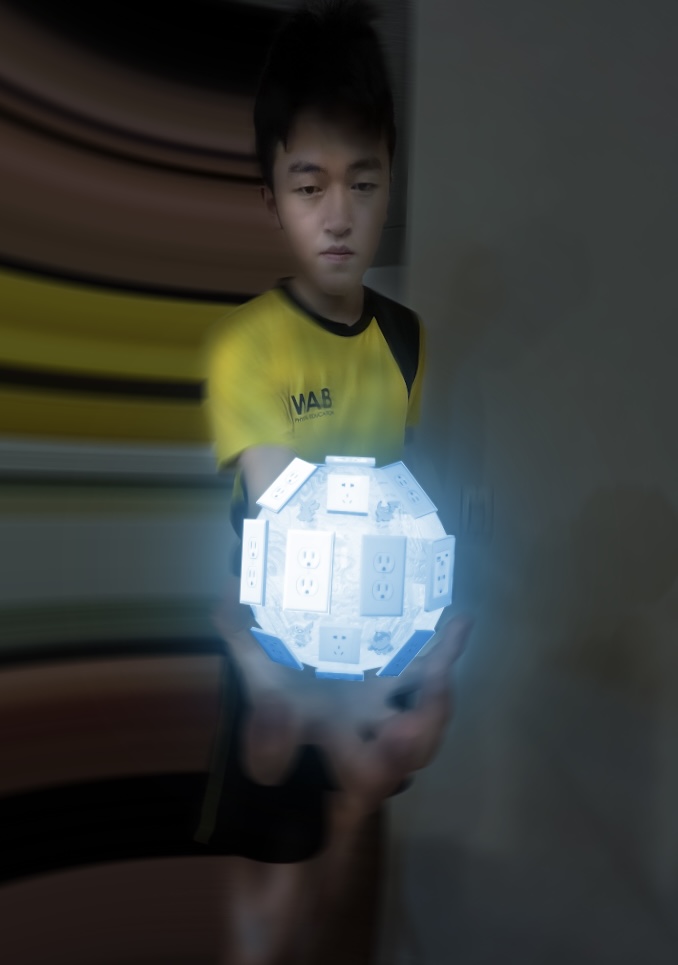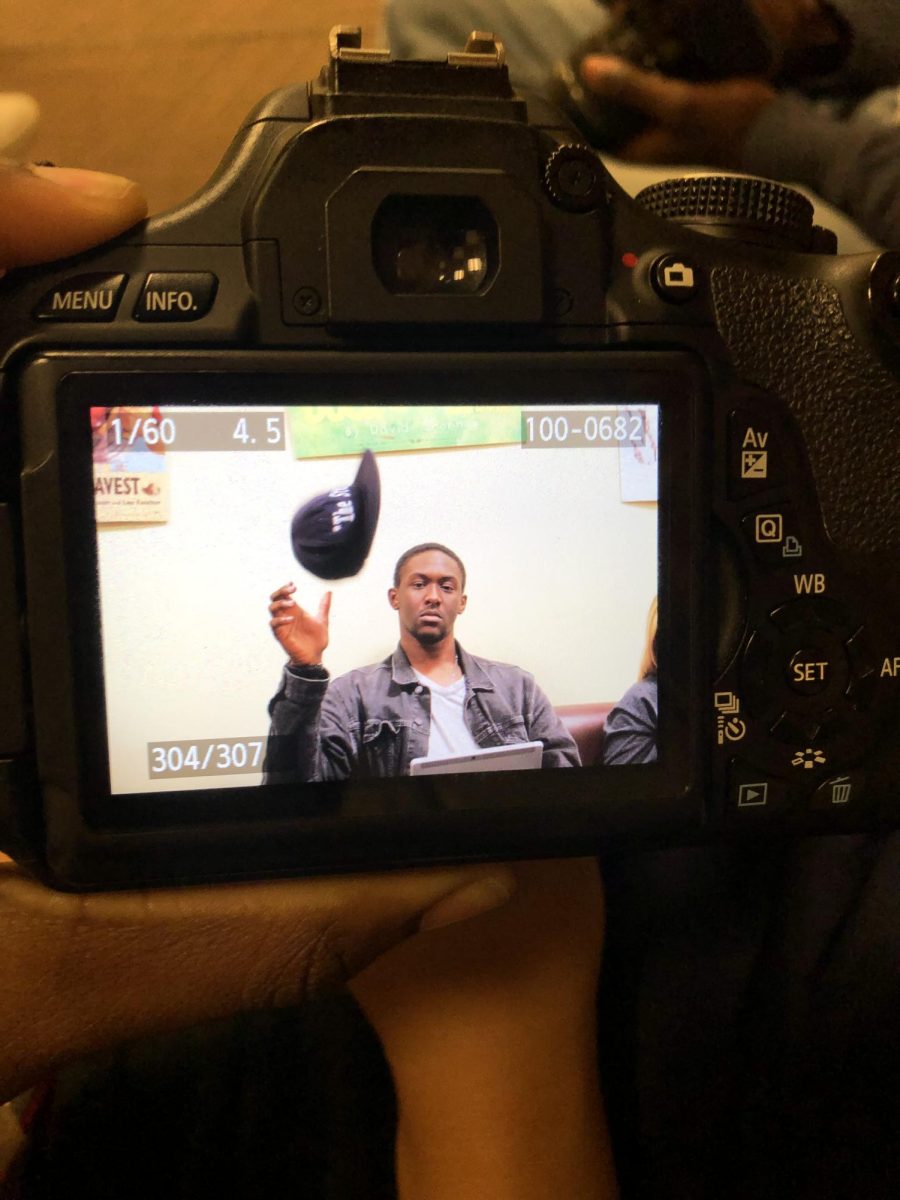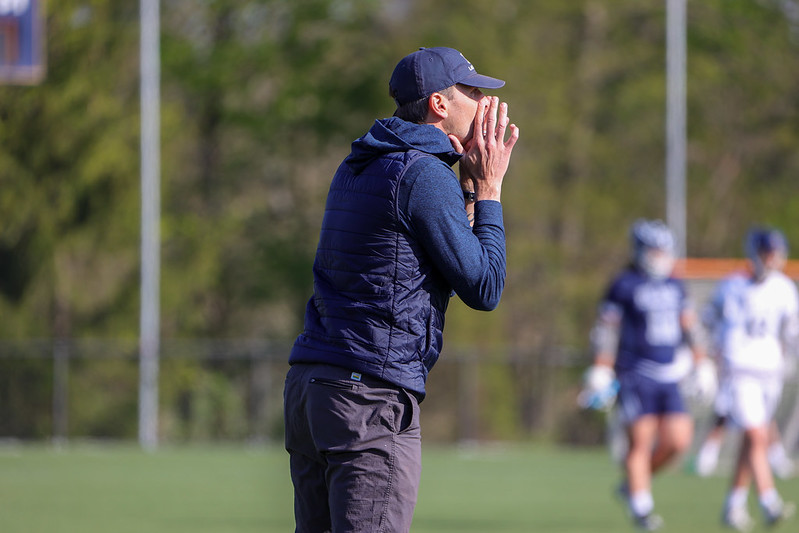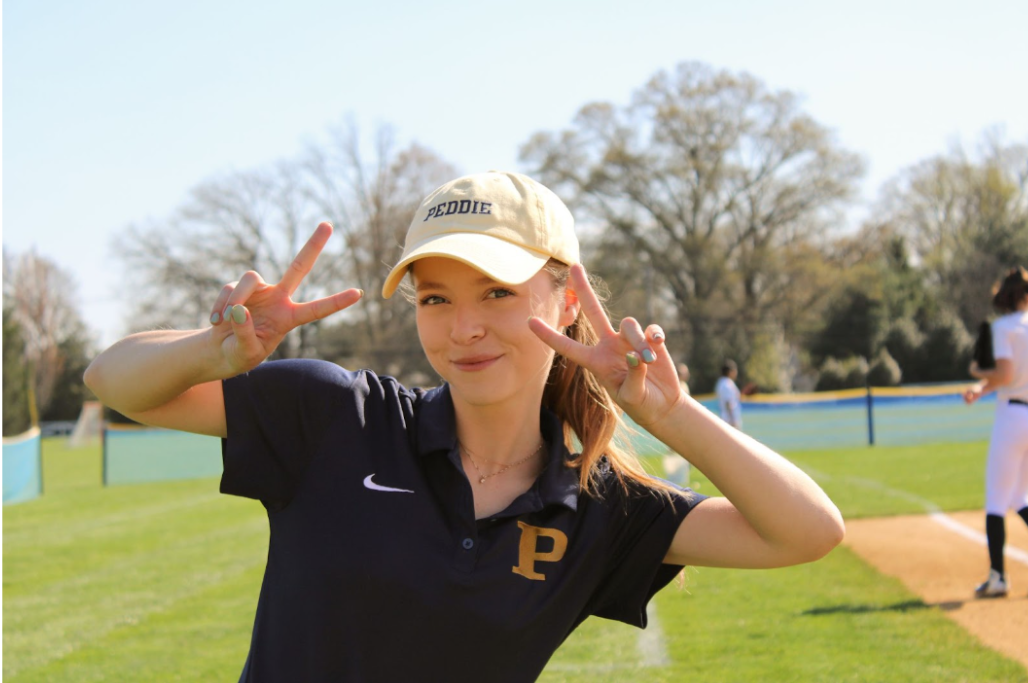This fall, Peddie welcomed Mr. Dominic Zhang as the instructor for MPS1 Core and Multivariable Calculus. Among his other obligations, Mr. Zhang is the dorm supervisor of Austen-Colgate Hall, the head boys varsity tennis coach, and an assistant coach for girls JV soccer. He is also a 2023 Knowles Teaching Fellow, one of 37 nationwide, and has been attending several national conferences on behalf of the Math Department. He aims to refine the approach to math instruction, having already orientated Multivariable Calculus closer to a more project-based learning style. I sat down with Mr. Zhang to learn more about his teaching philosophy and his plans for math education at Peddie.
After coming to America in 9th grade as an international student at Harrisburg Academy, Zhang pursued a dual degree in physics and philosophy, with a minor in math, at Lafayette College. An “awful” physics experience followed, which he chalked up to “professors not understanding different backgrounds.”. After reflecting on his identity and with the encouragement of professors of color who “saw me as I am,” he took his talents to math education. He then started his Penn Graduate School of Education fellowship, where he taught at Northfield Mount Hermon (NMH) for two years.
Zhang’s teaching philosophy centers around fostering mathematical resilience and building mathematical identities, both of which he explored for his graduate thesis. What this looks like in practice involves a significant amount of nontraditional and social-emotional work – the much-beloved blob tree, which Zhang uses to check in on his students’ emotional state; a mathematical portraits exercise on the first day of class, where students were asked to “describe a ‘stereotypical’ mathematician” and how they themselves measured up against this portrait; and reflecting on what it means to be a “doer of mathematics.” All of these have the goal of building a mathematical identity, one where students can, first of all, acknowledge their feelings instead of simply “pushing through math” and, second, think of themselves as people who can succeed in mathematics. This is especially helpful for those students with “math trauma” who have not had good experiences with math in the past.
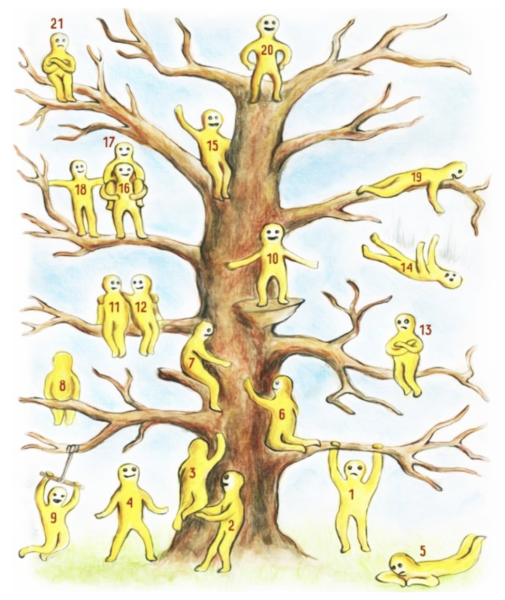
Zhang himself experienced the lasting impacts a lack of confidence in math can have when he braved the “lecture-based, corporal punishment” heavy Chinese educational system that gave him doubts about his mathematical prowess for years. Only through the recognition and support of his math professors was his approach towards math shifted, and Zhang has tried to be a similar source of support to all his students.
His research hasn’t stopped with the end of his fellowship, either. For his Multivariable Calculus section, he has experimented with intentionally being unhelpful during class to collect data on how his students would react. He conducted similar research at NMH, where his approach resulted in markedly better student feedback. Zhang attributes this improvement to helping dismantle “habitual negative self-talk … a powerful habit that is the result of years of studying and working under constant high-pressure environments.” Without him in the picture, students were more likely to admit when they didn’t know how to solve a problem and were, generally, more likely to be resilient.
Zhang has sought to modify Peddie’s math program to better fit these goals of fostering resilience and building identity, especially considering recent advances in technology. “There’s no reason we need to learn completing the square. Every polynomial we ever have, we could do with a machine,” he reflected. As a result, Zhang has tried to push for Peddie to shift emphasis away from specific techniques and towards more practical, open-ended applications. Already, for Multivariable Calculus, he’s replaced the traditional final exam with a final project for the fall. Although the MPS curriculum is significantly more “organized,” he’s tried to incorporate more projects, though this would require cutting out problems.
Even so, Zhang has been open about his struggles with finding a balance between his ambitious goals and personal life. He acknowledges that however much his efforts have been appreciated, there will always be more work to be done, but “we can’t all be superhuman.” He offered one last piece of advice to his students: “Take care of yourselves. Take breaks. You’re enough. It is hard out there. Do your best. Give yourself grace. It’s all going to be ok.”
For more information on Zhang’s research and teaching philosophy, visit his website.




